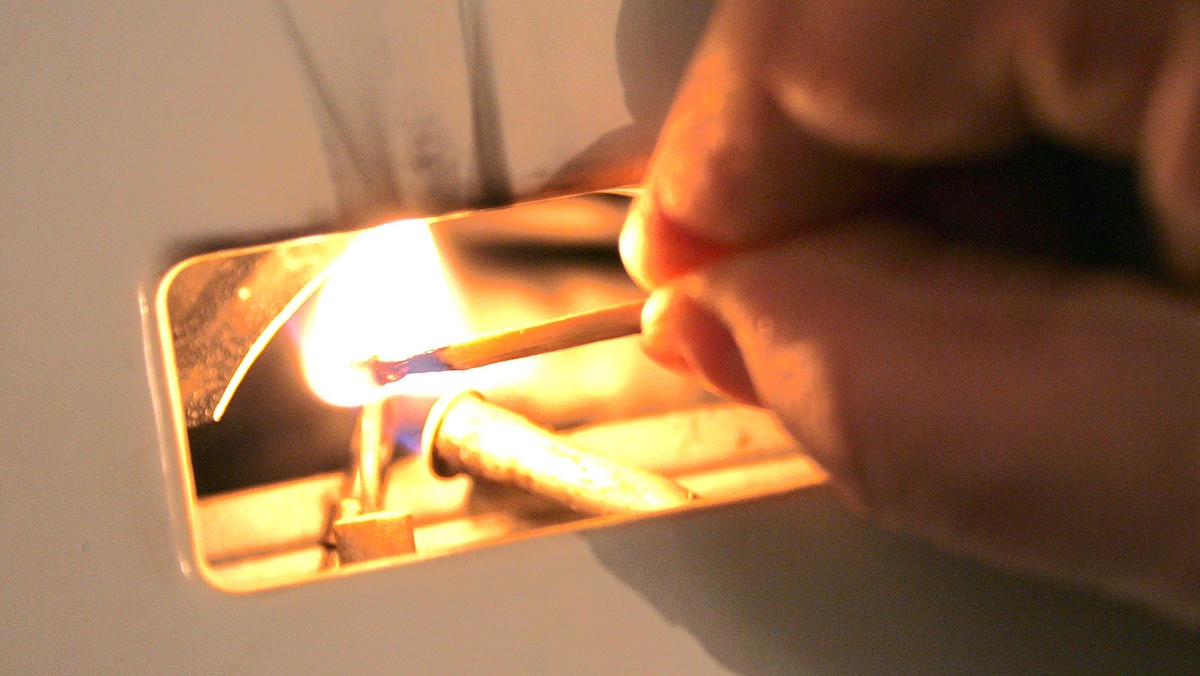Not only would Germany be hit hard by the move, Handelsblatt said, but it would also be a big problem for Europe. in an interview Birnbaum. The CEO of E.On finds the approach of examining the potential effects of the gas ban only from Germany’s point of view is incorrect, MTI wrote.
Many of the studies dealing with the possible consequences of a natural gas boycott focus only on Germany. “Slovakia is completely dependent on Russian gas, and countries such as the Czech Republic or Austria now cover most of Russia’s natural gas needs,” the CEO of E.On said, adding that the issue should not therefore be considered at the national level alone. “After all, this is a shortage of natural gas in Europe, and therefore coordinated contingency plans at the European level will be required.”
Birnbaum said Russian imports also account for a large share of the natural gas needs of many other EU countries. “If we think we can provide German care without taking care of other countries together, it will tear the EU apart. We should not treat this as a national issue.”
Birnbaum also drew attention to the danger of soaring gas prices. On the other hand, the transition from pipeline gas to liquefied natural gas (LNG) is already raising gas prices, and even coal-based electricity is becoming more expensive due to the additional carbon cost. Prices are already higher, which EON is forced to pass on to its customers.
Birnbaum expressed his support for the German government’s rejection of the ban, calling it “the right and responsible”. He said Germany could become independent of Russian energy within three years: “If we are faster, that’s fine, but it’s definitely not three months.”












































